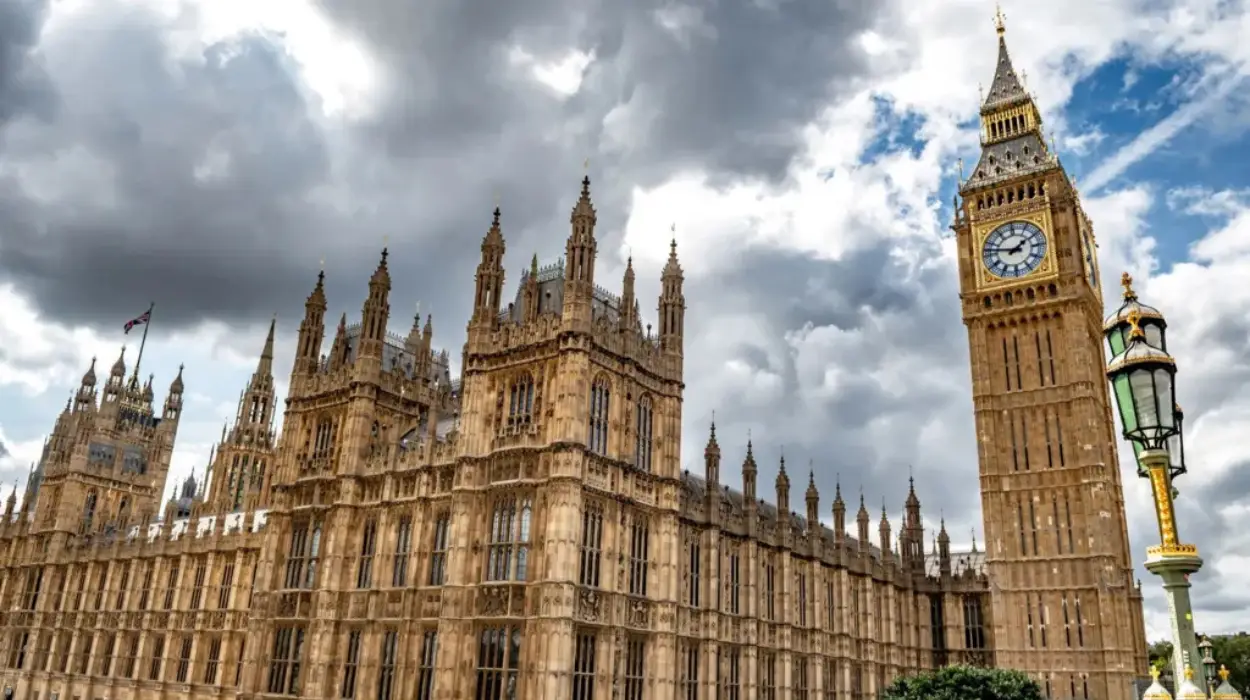UK (Parliament Politics Magazine) – Labour MP Jo White demands that MPs and peers must undergo DBS checks to prevent risks to vulnerable people, believing it would make Parliament safer.
A proposal was submitted by the Labour MP to have criminal record checks to enhance standards in Parliament.
According to a letter seen by Sky News, Jo White urged the Commons leader to consider if a new committee on parliamentary reforms should implement mandatory checks for all new members because of their interaction with young and at-risk people.
Ms Jo’s proposal includes detailed criminal background checks by the Disclosure and Barring Service (DBS) as part of the onboarding process for new MPs entering Parliament.
Under current rules, individuals who have been imprisoned for more than one year in the UK are disqualified from standing in elections.
Currently, there is no such requirement for DBS checks for MPs and peers, but this is mandatory for positions involving vulnerable individuals.
Previously, Ms White introduced a motion on the issue, with support from other political groups and 13 fellow Labour MPs.
She stated in her letter to the committee, “It is a privilege that, as parliamentarians, we can work with local schools, care homes and hospitals, but we must be proactive in preserving this trust.”
Ms White emphasized that “Implementing a mandatory check would protect both the people we visit and ourselves. It would be key to maintaining public trust and high workplace standards across the estate and in our constituencies.”
For positions such as GPs, nurses, and teachers, DBS checks are a routine process. They help employers assess whether candidates have a criminal history or are restricted from engaging with vulnerable groups.
But DBS checks for MPs are not yet regulated in the parliament.
Political parties oversee the key selection process for House of Commons candidates, developing their own standards for carrying out these criminal records.
None of the MPS from Reform UK have backed the early-day motion, and Mr Farage argued during the last election that there was no process for vetting nominees.
According to court documents reported by The Times, Reform MP James McMurdock was sentenced to prison around two decades ago for assaulting his then-partner.
In 2006, while drunk outside a nightclub, he assaulted her and was sentenced to 21 days in a young offenders institution.
When asked about this matter the previous year, he called the conviction a “teenage indiscretion” and had not made it public before.
But new regulations might mandate that incoming MPs reveal their entire judicial history.
The Labour Party pledged to establish a modernisation committee, which now works with all parties to focus on making the House of Commons better and raising its standards.
The committee asserted that it would refrain from remarks on submissions until it had fully examined all the available options.
Lucy Powell, the Commons Leader and head of the committee, stated in October that a lot needed to be done to restore Parliament’s “tarnished” reputation.
While other nations have their own systems for conducting background checks or verifying criminal records, they do not use the DBS system.
Germany and Spain have their own specific processes, which are not the same as DBS checks and are not used for parliamentarians in the same manner.
At present, the UK is the only country considering the possibility of DBS checks for parliamentarians, with no current requirement in place.


